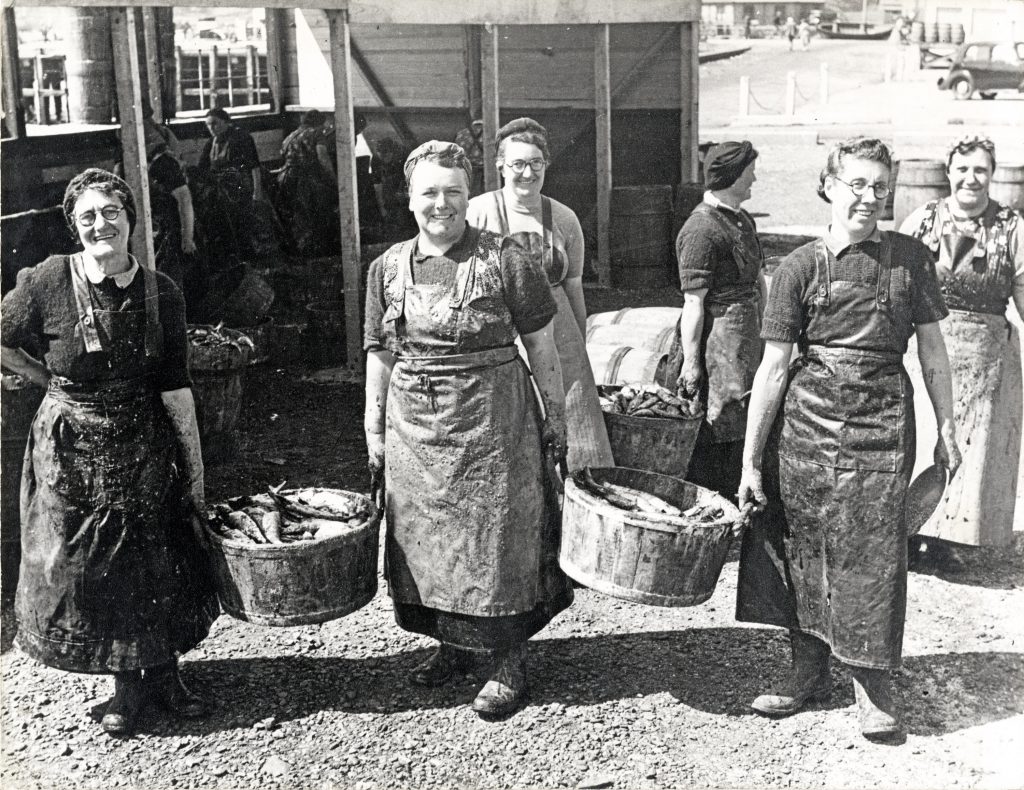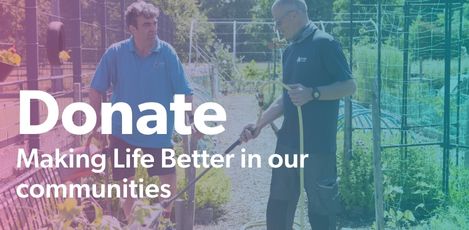
For over 100 years the Herring Girls were the backbone of the UK’s fishing industry. Now funding has been secured for a joint project to be run by High Life Highland’s Archive Service in partnership with Suffolk Archives, the Norfolk Record Office, and Tasglann nan Eilean (the Hebridean Archives) to capture their stories.
The grant funding, awarded by Lloyds Register Foundation, will enable the partners to research and tell the story of the herring girls who travelled round the coast, following the fishing fleets and undertaking the backbreaking work of gutting and barrelling the catch.
A sometimes-overlooked part of the UK’s maritime history, these women played a substantial role in both the economy and the community of fishing towns in Scotland and England, becoming seasoned travellers, often marrying and settling far from home.
“We are thrilled to have secured this funding from the Lloyds Register Foundation, which will allow us to delve into the remarkable but often overlooked stories of the herring girls.” said Alison Mason, Highland Archivist, at High Life Highland’s Archive Service.
“These women were vital to the fishing industry and in the communities they lived and worked in across Scotland and England and this project will celebrate their contribution and preserve their legacy.
“As part of the project, which will result in both an online and a touring exhibition, we are keen to gather stories, memories, and archive material relating to the herring girls, particularly those who spent time in both Scotland and East Anglia.”
Councillor Philip Faircloth-Mutton, Suffolk County Council’s Cabinet Member for Environment, Communities and Equality said: “I’m delighted that Suffolk Archives is taking part in this project to uncover and share the stories of the herring girls, who were so crucial to the fishing industry. The project will ensure the contributions of these remarkable women are preserved and celebrated for generations to come.”
35,000 people were employed in the industry in the 1900s with around 14,000 of them being women. They would travel from port to port from June to September following fleets of boats to gut and pack fish into barrels for export. Wick in Caithness was a principle fishery and became known as the herring capital of Europe due to the volume of fish landed there.
If you had a family member who worked as a herring girl, or you have any stories to share about this vital part of the UK’s maritime history, please get in touch by emailing: archives@highlifehighland.com or call: 01349 781130.






